The Dragons appear dejected.
As KT Rolster’s game-winning celebrations end, the SPOTV cameramen quickly pans over to the stage’s other booth. Kim “PraY” Jong-in and Kang “GorillA” Beom-hyeon, who immediately notice the cameras, look stoic. Song “Fly” Yong-jun begins to unplug his peripherals from the stage’s PC, his face hidden by the monitor. Crash sinks into his chair, using his uniform to cover his mouth. Koo “Expession” Bon-taek just looks around at his teammates.
There’s no talking. No discussion about what when wrong, or what they should have done. Just silence. Not even their support staff, who soon enter the soundproof booth, can make a single player speak. Brushing off the consoling gestures of their superiors, the players slowly gather their belongings, put on their backpacks and leave the booth.
Longzhu’s Spring Split is over.
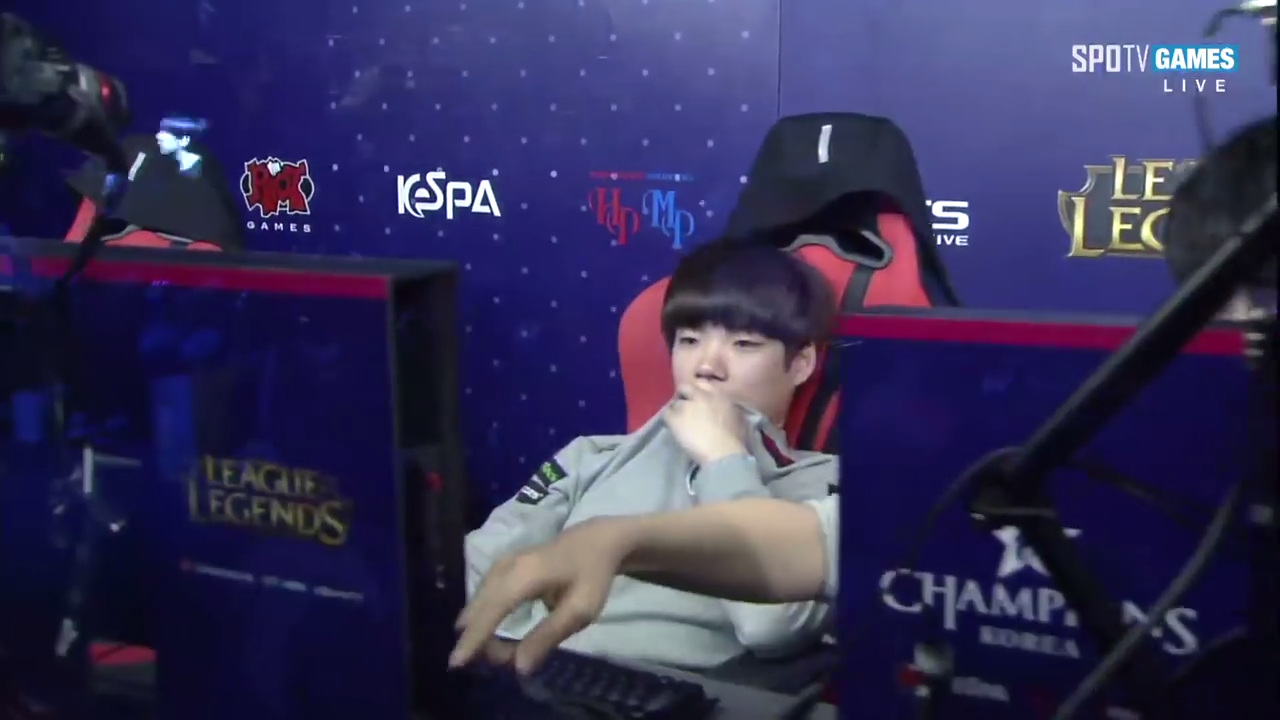
Longzhu Gaming’s journey through the LCK is an an unfortunate yet confusing tale of a team that just cannot succeed, a team that, regardless of changes made or resources provided, continue to fall short.
Longzhu’s story begins just over a year ago, at the start of 2016. After receiving a massive investment, LCK team Incredible Miracle rebranded to “Longzhu Gaming.” Along with the rebranding came an influx of some of the most talented and popular players in the region. Players like Shin “Coco” Jin-yeong and Lee “Chaser” Sang-hyun, who both had a phenomenal 2015 season, left their respective teams to join Longzhu. By the time the 2016 season started, Longzhu had formed a 10-man roster brimming with talent.
They were immediately considered a Korean “superteam.”
But this just wasn’t meant to be. The members of Longzhu had no chemistry and very little understanding of macro play, which led to subpar results. First thought to be contenders for the regional crown, Longzhu instead managed to barely avoid relegations. Players once thought to be among the best started to play worse during their time on Longzhu. The coaching staff never taught the players how to play the map past the 10-minute mark. Once the laning phase ended, the players had no idea what to do next. To the average spectator, Longzhu looked like chickens with their heads cut off, running around aimlessly.
At the end of 2017 Longzhu scrapped almost the entire roster, leaving only Koo “Expession” Bon-taek and Lee “Crash” Dong-woo.
The Longzhu of 2016 was pretty much a catastrophe. The players, once thought to be some of the best in the world, left Longzhu as shadows of their former selves. Seemingly unable to find a spot on a decent LCK team, the six former Longzhu players scattered, leaving the region to find new teams across the globe.
Round two
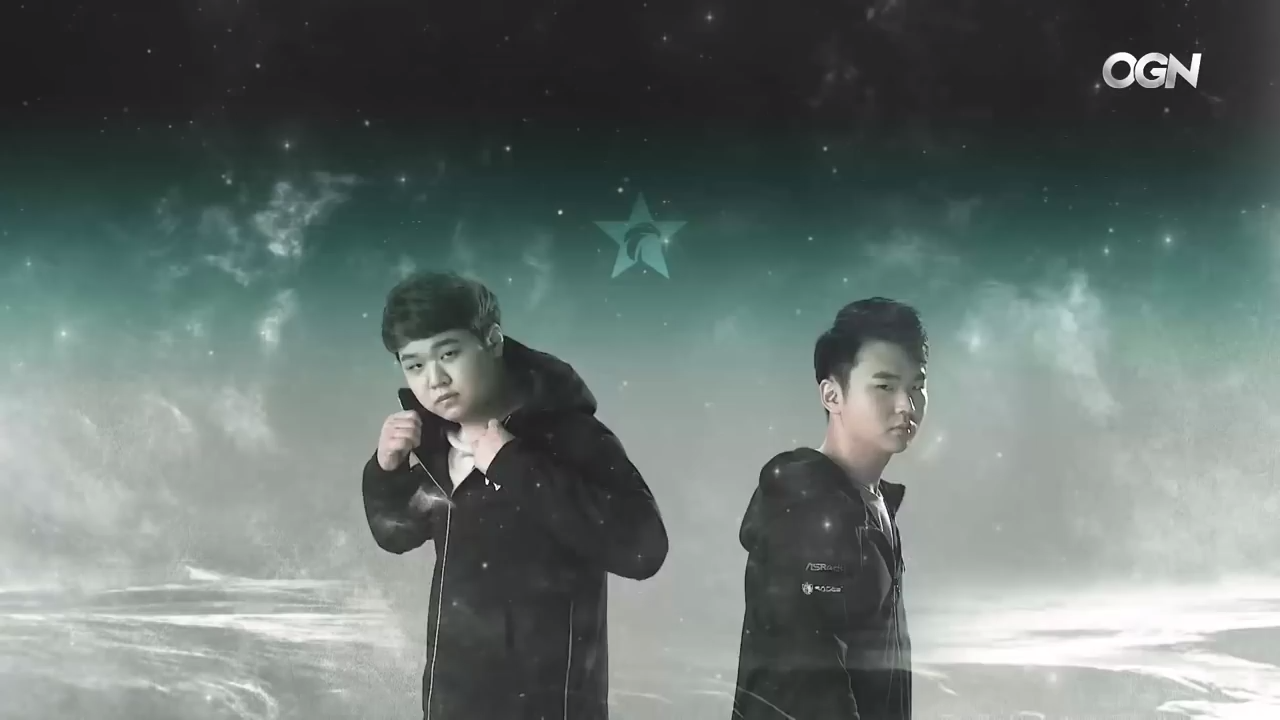
But this catastrophe only marked the end of chapter one in the Longzhu narrative. Armed with a handful of cash and three empty spots on its roster, Longzhu started shopping around. Luckily for the team, an influx of players had returned to Korea from foreign leagues, providing a wide array of talent to choose from. For a while Longzhu watched, surveying the talent market. Finally, in the beginning of December, the organization announced its three new players.
Filling out its bot lane were former Rox Tigers duo Kim “PraY” Jong-in and Kang “GorillA” Beom-hyeon. Regarded as one of the best bot lane duos in the world, Pray and Gorilla wanted to keep playing together. While the two received lucrative offers separately, Longzhu was the only LCK team willing to pick them both up as a package deal. For Pray and Gorilla, this was an opportunity too good to pass up.
In the mid lane, Longzhu secured Song “Fly” Yong-jun. Left teamless amidst the KT rebuild, Fly was given a new home in Longzhu. The acquisition of Fly, who is a more supportive mid laner, pushed the idea that this iteration of Longzhu would be a very bot-focused team.
In addition to the three new players, Longzhu ousted its previous coaching staff, bringing in former Rox Tigers coach Kim “SSONG” Sang-soo. By the time all these changes were made, Longzhu looked completely different. What happened in 2016 was the past.
New players. New coaching staff. New Longzhu.
A great start
Like most newly formed teams, this Longzhu roster suffered from growing pains. On Jan. 17, 2017, they played their first match of the new season against Worlds finalists Samsung Galaxy. They lost the series 1-2, with the players a tad out of sync in games two and three. The players were still learning how to play with one another.
This learning process took a couple of weeks. Expession fell back into old habits, split pushing unnecessarily. The Pray and Gorilla duo at times did their own thing, separate from the rest of the team.
Fortunately for Longzhu, these growing pains quickly faded and the team started to look great. Longzhu took a game off SK Telecom T1 and beat the Afreeca Freecs, who in the previous week beat SKT.
As the Spring Split reached the halfway point, Longzhu sat fourth in the standings, eyeing Samsung’s third-place position.
For the first time since the organization’s rebranding, Longzhu had finally found success. But unfortunately for the fans of the Blue Dragons, this was just a short chapter in the Longzhu story. And it was about to end.
It all comes tumbling down
On March 1, coach SSONG left the organization.
The news of SSONG’s departure came as a complete surprise. Just the day prior, Longzhu convincingly beat MVP, debuting the Lulu counter to Malzahar, a pick which would then be used by the rest of the world.
Longzhu were arguably the third best LCK team, so why make the change six weeks into the season and one day before their rematch with MVP?
This question was never answered. What fans got instead was the announcement of Kim Jeong-Soo’s arrival as Longzhu’s coach on March 2, less than 24 hours after the SSONG news.
Fans were skeptical of Kim Jeong Soo, especially after seeing his work on Dignitas, which he had just left two weeks prior after being replaced with David “Cop” Roberson. But still, until then Longzhu were doing great in the LCK, so the fans ultimately reserved their judgement.
One thing the they did know about this coaching change, however, was that it was unplanned. Heading into their rematch with MVP, Longzhu received a penalty point for not submitting their updated roster with Kim Jeong Soo a day in advance. This was Longzhu’s second penalty point, their first earned from coming to the studio late earlier in the split.
Longzhu went on to lose their match against MVP in a 0-2 sweep. Unlike their previous bout, this rematch saw Longzhu make many uncharacteristic mistakes. The team got caught out numerous times and forced engages that were executed poorly. Longzhu looked different from their two-day old selves.
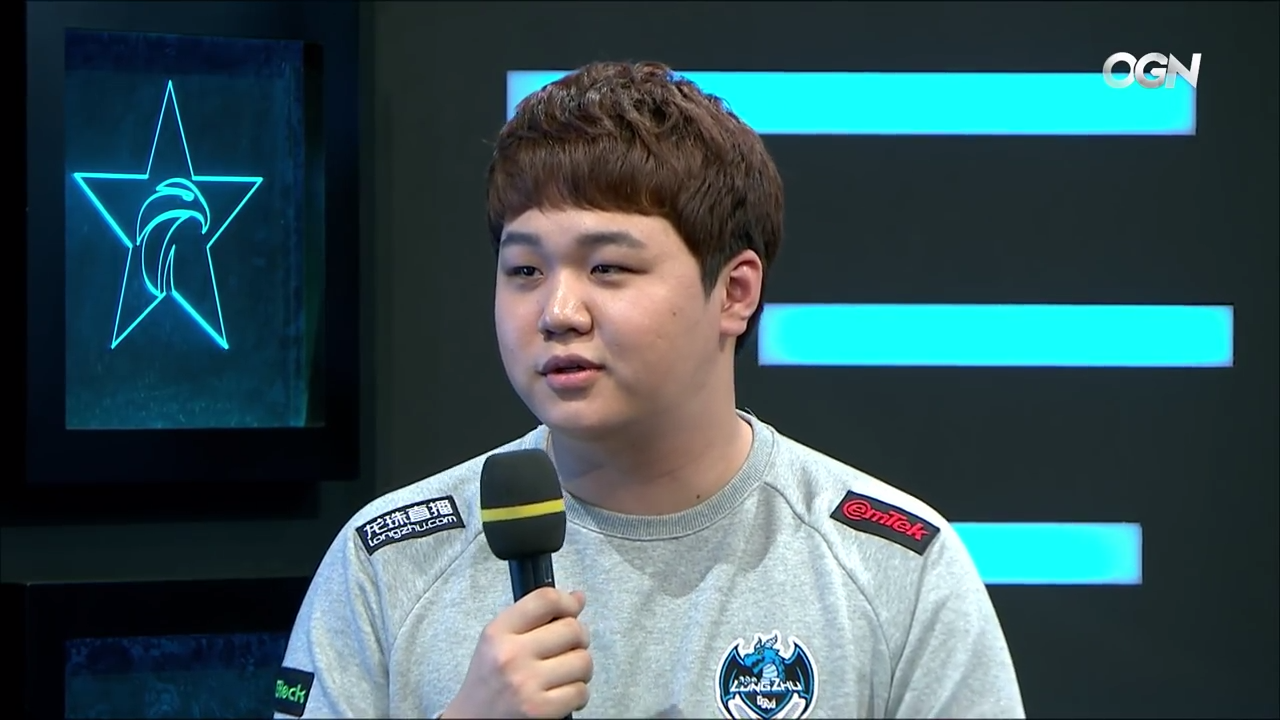
As the second half of the LCK spring split began, so did the Longzhu losing spree. Now Longzhu weren’t just losing to the top seeds, but to almost every team in the league. Longzhu ended the second half of the split with only two series wins to their seven losses.
The problems shown in their MVP match persisted for the rest of the split. The team’s macro play and pre-game drafts quality deteriorated. It seemed as if all the game knowledge and synergy built in the first five weeks had vanished. It wouldn’t take long for these problems to visibly wear on the players.
Smiles disappeared within the Longzhu booth. The five tried their best to mask their emotions. But after the more difficult losses, these began to crack.
Longzhu received their final blow in week 10. An upset loss to Kongdoo Monster, the last team in the league, pushed Longzhu out of playoff contention. With only one more game left, they were unable to tie their record with either MVP or the Afreeca Freecs.
Longzhu’s last chance at a playoff berth was lost into the abyss of an ending split, and the team was soon to join its peer from seasons past.
Despite all that was changed during the 2016 off season, Longzhu remained the same.
What went wrong?
Longzhu Gaming is an enigma. Both the 2016 and now 2017 roster should never have performed so poorly.
Longzhu’s coaching staff is the most obvious culprit for the problems. Longzhu had abysmal macro play throughout all of 2016, and when the team finally found a great coach, he left suddenly three months later.
Although we don’t know the organization’s inner workings, it’s pretty clear the team’s management deserves some blame. Longzhu already went through its painful learning phase in 2016, and should have used that experience to make sure it didn’t happen again.
Gorilla, in an interview with Naver on Feb. 28, the day before SSONG’s departure, explained that there was a bad mood and atmosphere within Longzhu, from the player to the coaches, and all the way to the management. Gorilla had hoped people would cheer up.
While he doesn’t provide much in specifics, Gorilla did reveal that there were things going wrong behind-the-scenes, things that would persist for the remainder of the split.
The public may never know what the issues were. At this point all fans can do is hope that Longzhu fix these issues in time for summer. But given Longzhu’s track record, don’t hold your breath.



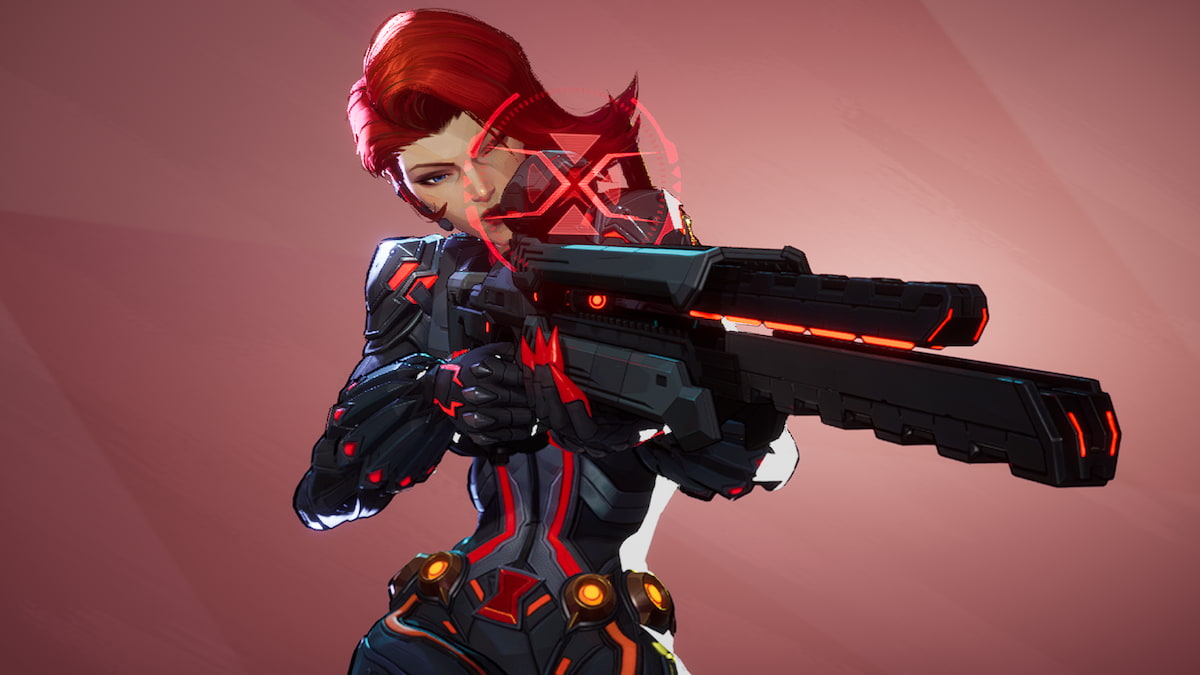
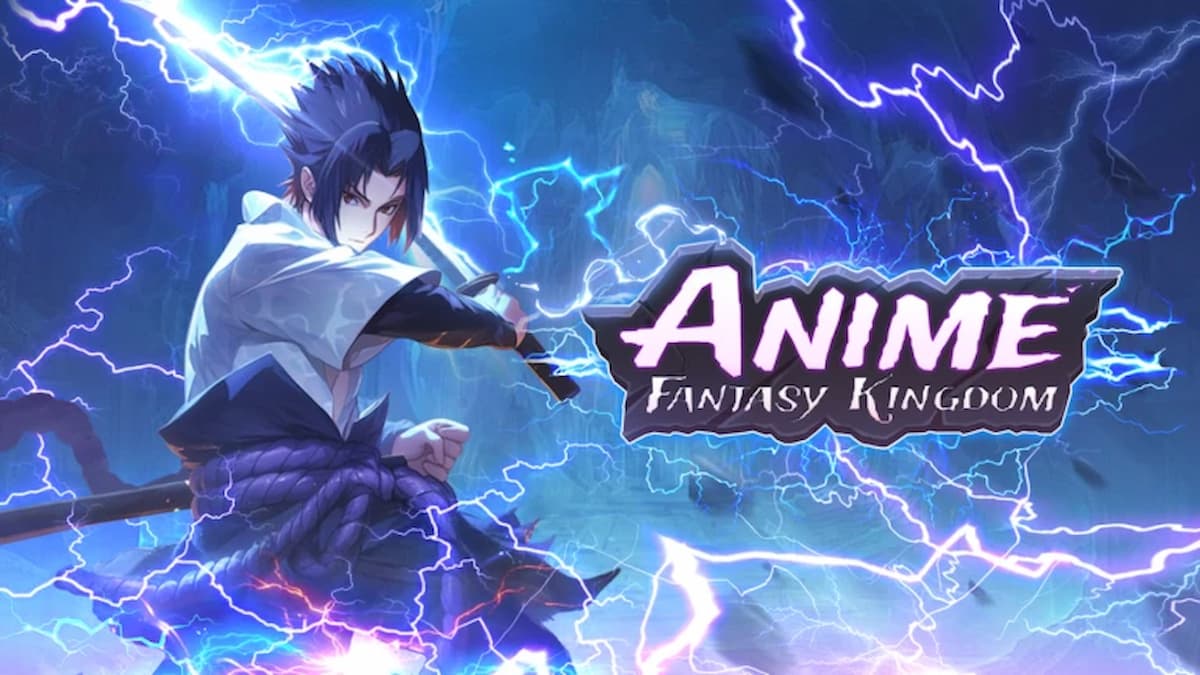
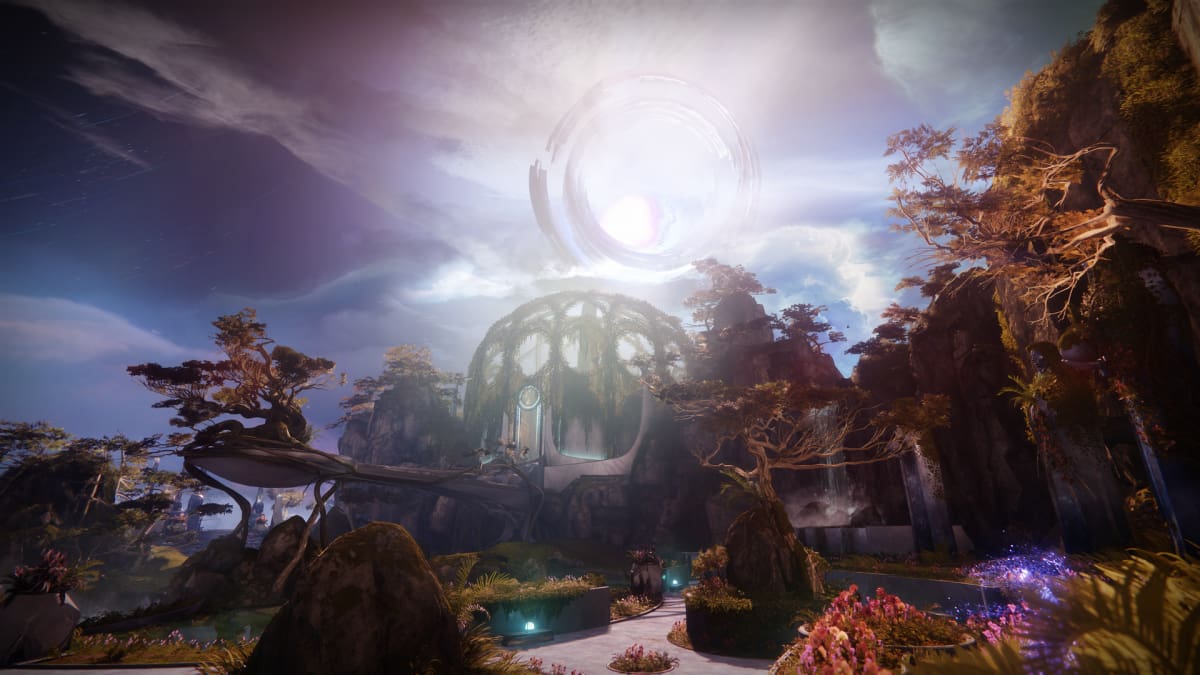
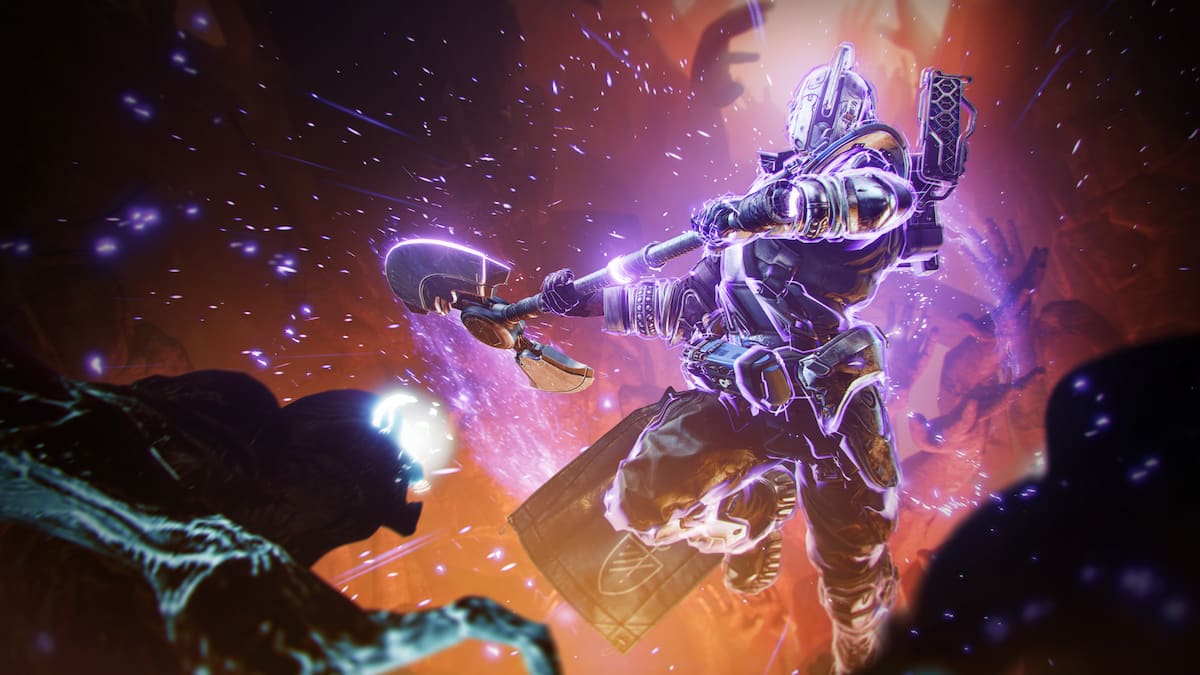
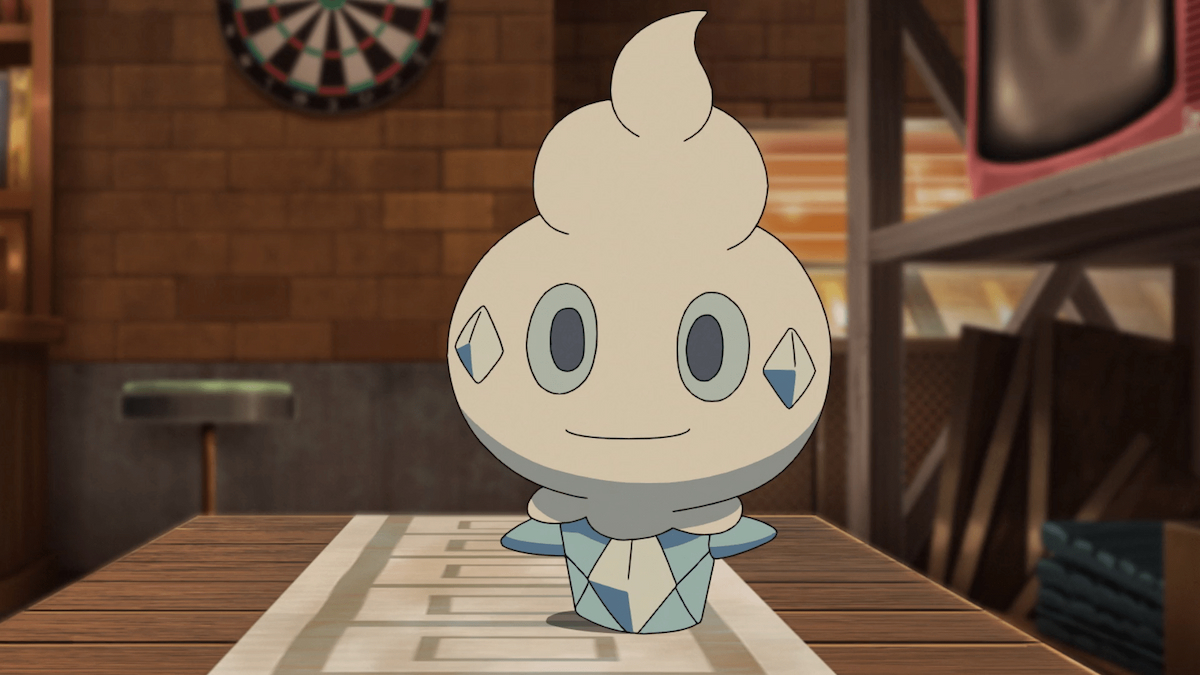
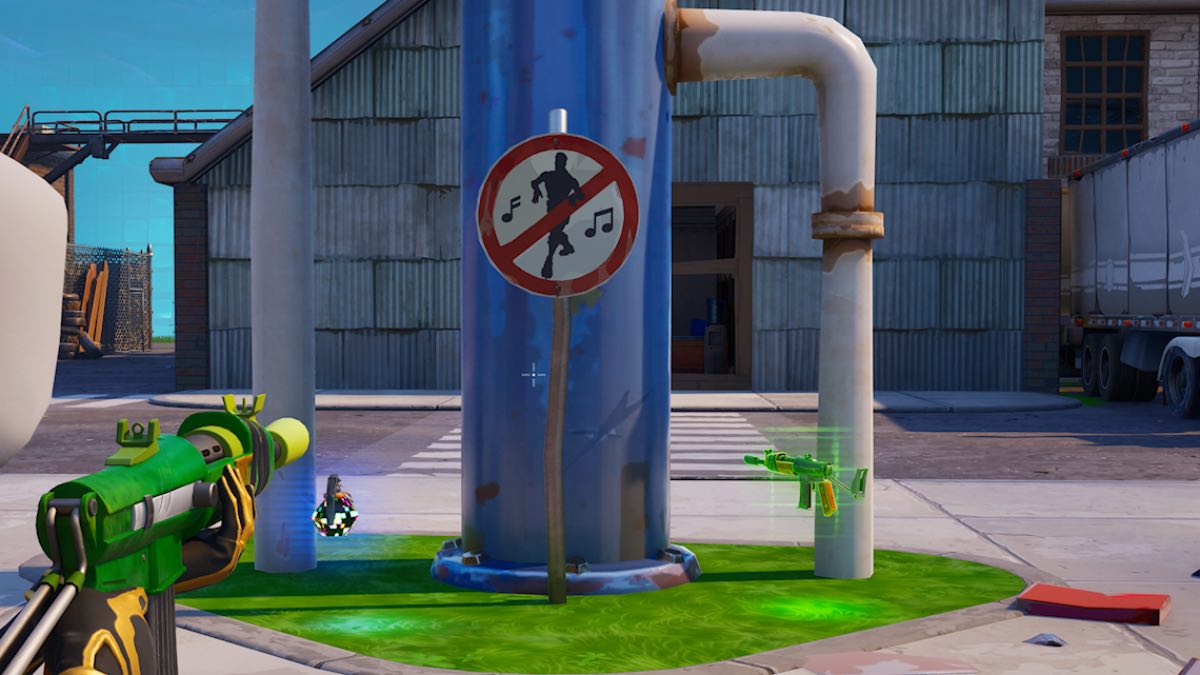


Published: Apr 28, 2017 07:26 am